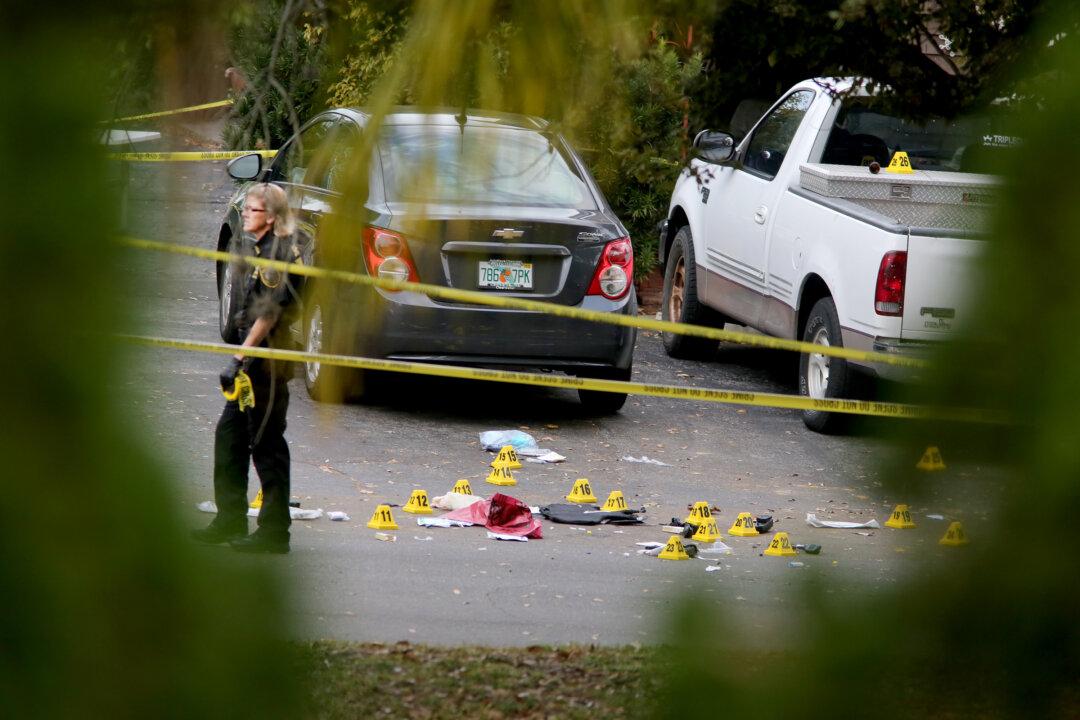CHARLOTTE, N.C.—Jury selection was set to begin Monday in the trial of a white Charlotte police officer accused of fatally shooting an unarmed black man who was looking for help.
Randall Kerrick is charged with voluntary manslaughter in the September, 2013, death of Jonathan Ferrell, 24, a former Florida A&M football player. If convicted, Kerrick, 28, faces up to 11 years in prison.
Prosecutors say the shooting was a case of excessive force, while defense attorneys say Kerrick acted in self-defense. Kerrick joined the Charlotte-Mecklenburg Police Department in 2011, after working as an animal control officer.





